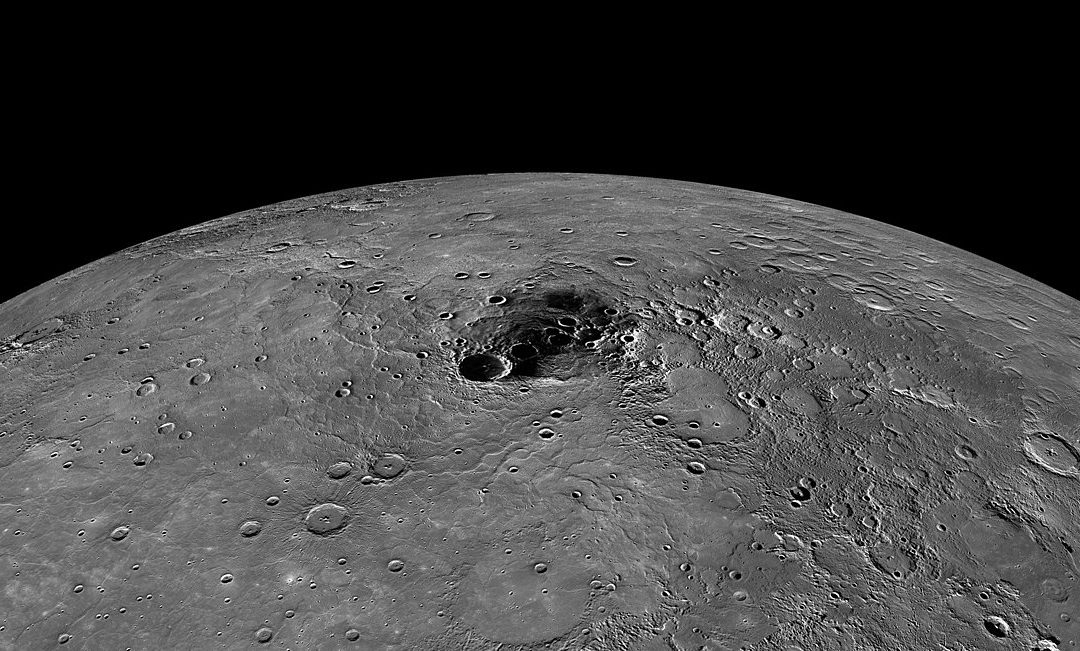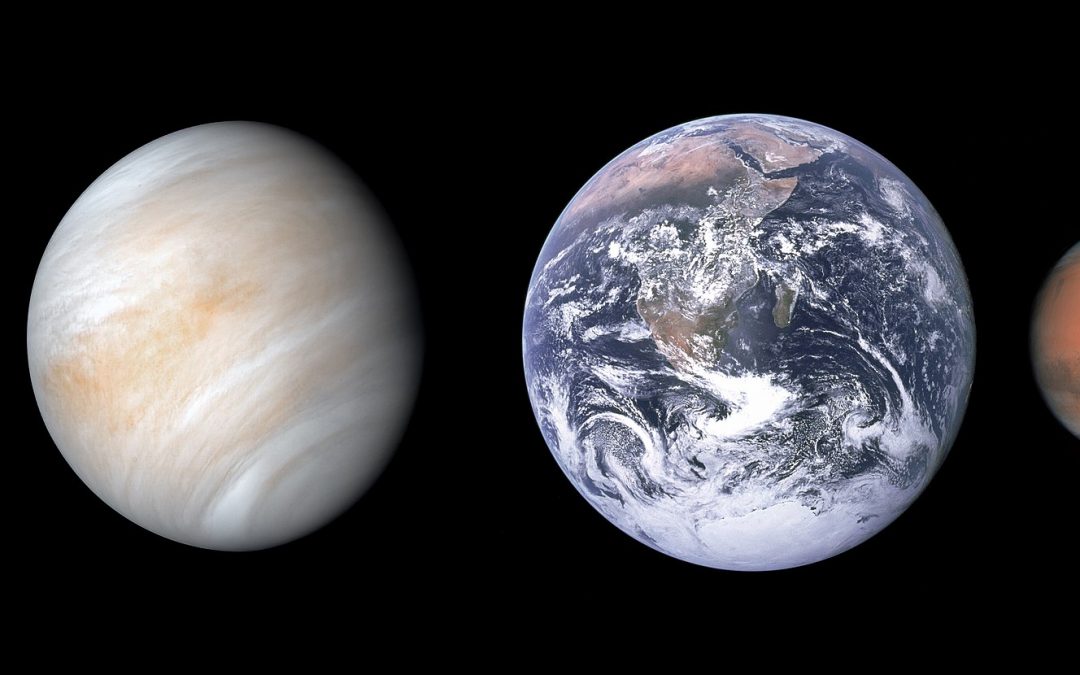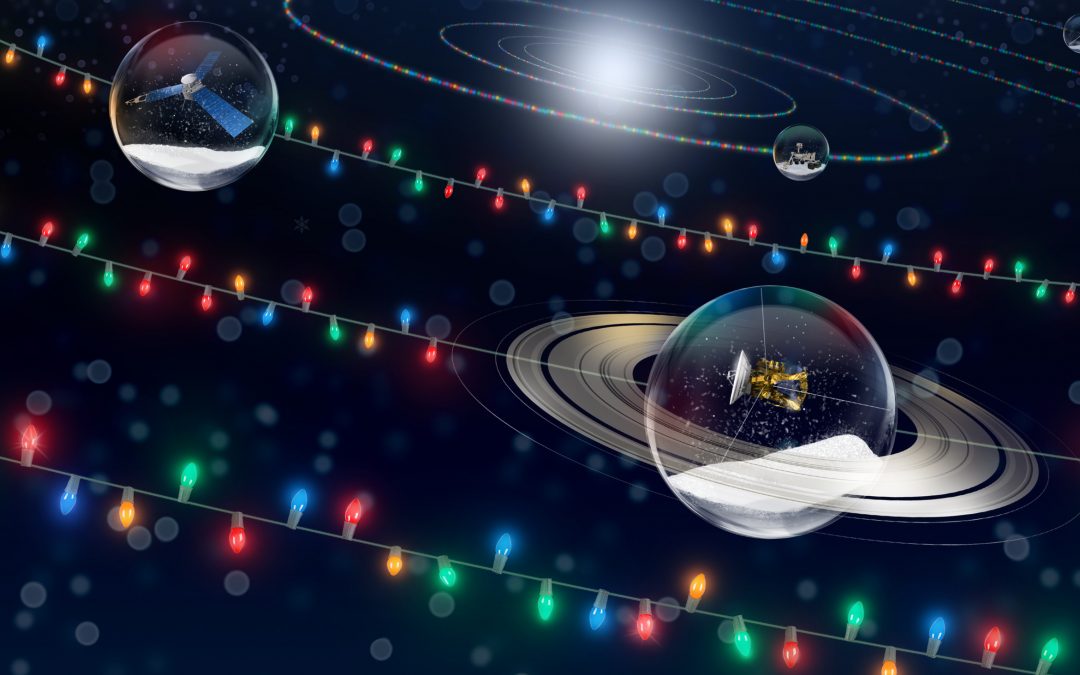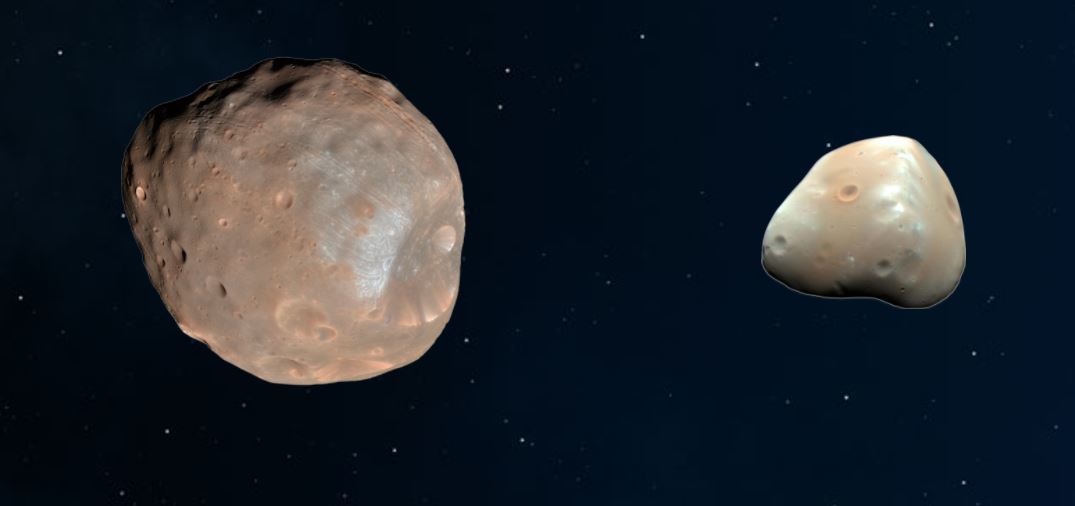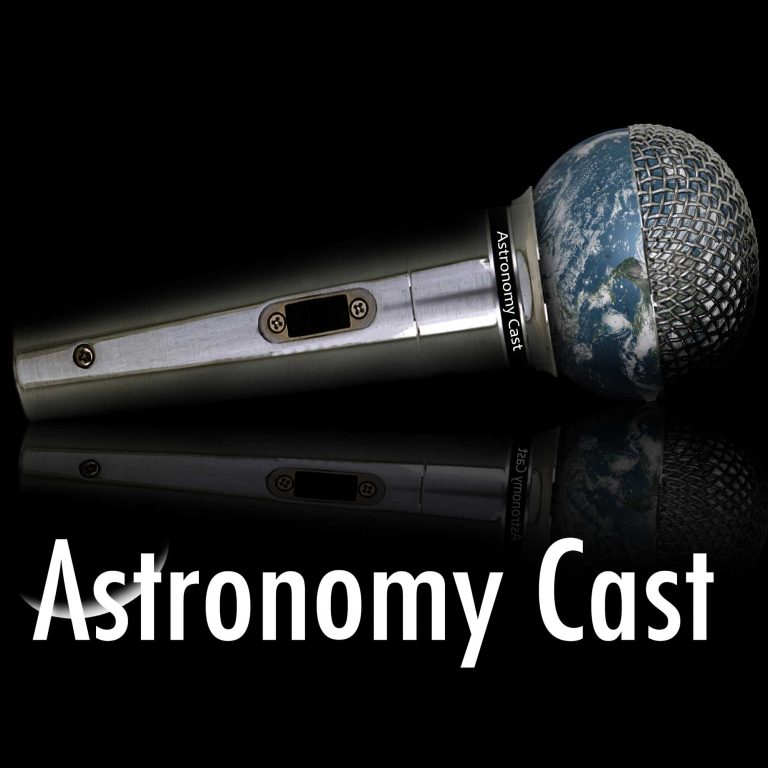Podcast: Play in new window | Download | Embed
Subscribe: RSS
It’s been about a thousand years since we last looked at Mercury, so we figured it’s time for an update. What new things have we learned about Mercury, or even new questions? Fortunately, there’s a mission on the way to help get us some answers.








